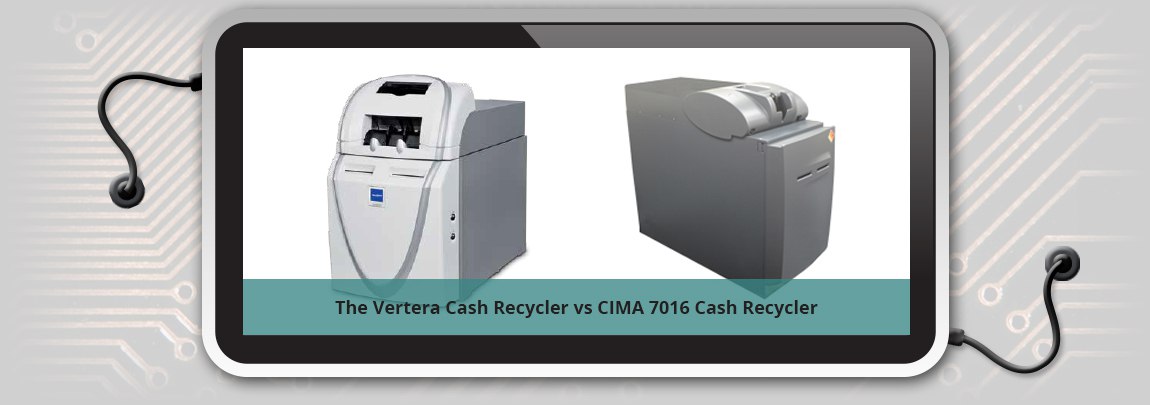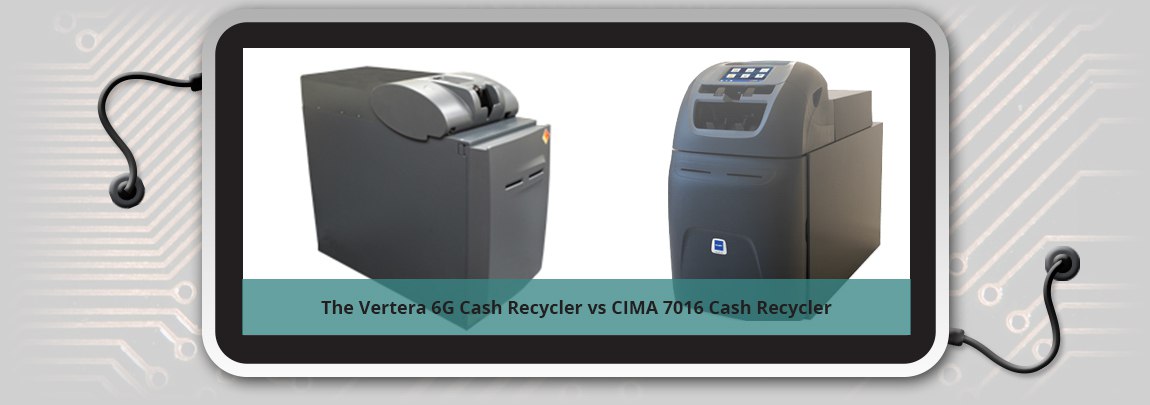Retail Cash Capture 2.0: The Future for Your Bank and Retail Customers
The perfect business opportunity awaits today’s local and regional financial institutions – the chance to cement your bank as a true value-added...


As we evaluate cash trends in retail, we find the following metrics provide valuable insight into what the retail market is facing and how cash continues to provide challenges to operational expense.
Based on these findings, cash is still very much a part of the retail payment landscape and the need for retailers to automate cash handling is critical. If you need to re-think your cash management strategy, contact QDS or visit our Retail page.

The perfect business opportunity awaits today’s local and regional financial institutions – the chance to cement your bank as a true value-added...

Why should I automate with a cash recycler? Sure cash recyclers can be big investment for a small to mid-size financial institution. That's exactly...

Why should I automate with a cash recycler? Sure cash recyclers can be big investment for a small to mid-size financial institution. That's exactly...